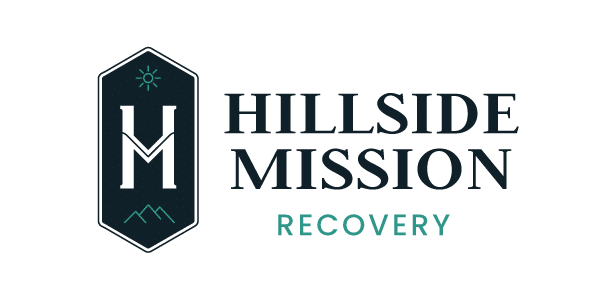While most of us know that addiction is a disease that millions of Americans struggle with every day of their lives, what most don’t know is just how complex addiction truly is and how mental health can also impact addiction. One of the most common mental health conditions that many people suffer from that can affect addiction is depression. In order to get the right kind of help for your addiction, it helps to know just how your depression is impacting your addiction and what can be done about it to improve both your mental health and your odds of getting sober and staying that way.
At Hillside Mission, we know that your mental health is just as important as your sobriety and that the two often go hand in hand, where mental illness can cause addiction and vice versa. That’s why we want to give all our clients and their families all the information we can, so that they can get the help they need. In this post, we discuss how depression is related to addiction, the nature of each, how they interact with each other, and how to find dual diagnosis treatment in Mission Viejo, CA.
What is Depression?
In order to understand how does depression affect addiction, it’s important first to understand what exactly depression is. In the most basic sense, depression is a mood disorder that causes a person to feel persistent and often unexplainable sadness and loss of interest in day-to-day life activities as well as responsibilities and even things that once made the person happy.
There can be several contributing factors to depression, including social, environmental, and psychological stressors that impact the person’s mental health. Depression is not something that will typically go away on its own and requires specialized treatment and medication to mitigate.
The most distressing part of having depression is that it can onset out of nowhere and can last for months or even years with no real known reason or cause. This makes it challenging to treat effectively without proper counseling and support. This is made even more complicated when depression is coupled with addiction.
What Causes Addiction?
Addiction can be caused by a wide array of different factors such as home environment, social factors such as circles of friends, day-to-day stress factors, genetic makeup, and psychological condition. The trouble is that there is no one specific cause for addiction; it is instead a result of all of the factors put together.
However, addiction is not something that has to exist on its own. In fact, co-occurring disorders are quite common amongst those who abuse substances. This is because the co-occurring disorders often feed off one another and perpetually make each other worse. This can make getting treatment and getting sober nearly impossible.
How Does Depression Affect Addiction?
Depression that occurs alongside addiction is considered a co-occurring disorder. The depression may end up being caused by other outside factors, or it can be caused by the addiction. In either case, though, it will cause the individual to continue to abuse drugs or alcohol as a means of coping with the depression.
In this way, both the addiction and the depression feed off of one another to the point where it is impossible to treat one problem without addressing the other. This is why dual diagnosis care is necessary to deal with these types of disorders. Only by treating both at the same time can a person begin to heal and get on the path to sobriety.
Finding Dual Diagnosis Treatment in Mission Viejo, CA
The best way to find the dual diagnosis treatment needed to treat depression coupled with addiction is by coming to our treatment center at Hillside Mission Recovery. We provide all of our clients with individualized treatment plans at our luxury inpatient treatment facility. While there, our highly trained staff will work with you to identify the causes of both your addiction and your mental health issues and work on providing you with the tools to fix both of the issues.
We work with our clients to find the root cause rather than just treating the symptoms, and once treatment is done, we provide access to aftercare services to make the transition back to an everyday life that much smoother.
If you or someone you know is suffering from addiction and depression, contact Hillside Mission Recovery today.







